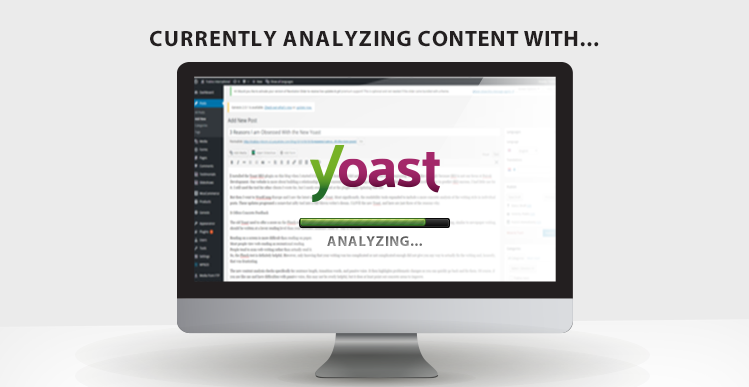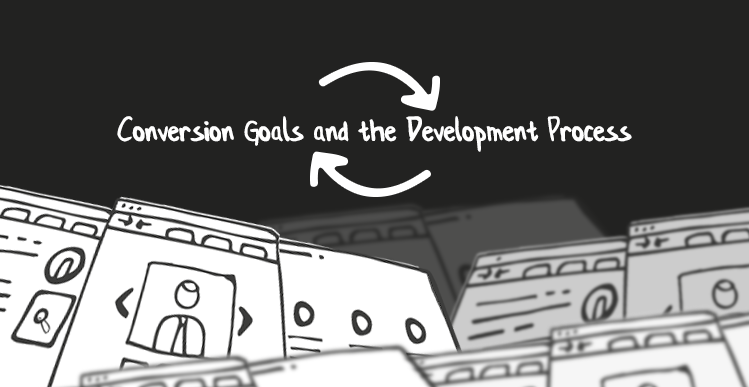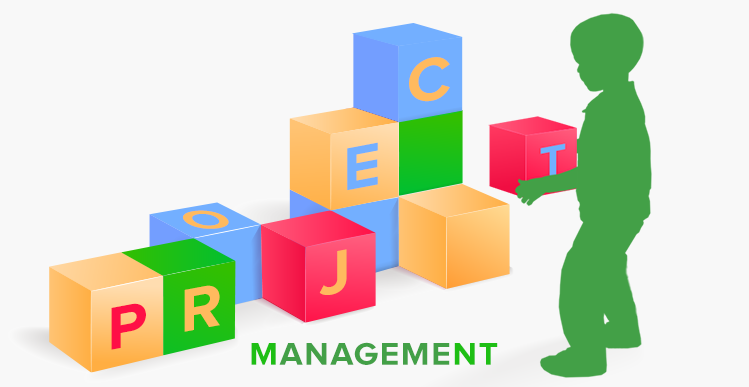Paiyak
Development
Taking WordPress websites to the next level through design, development, and mentoring.
Paiyak Development
Our web development studio
We’re a growing web development studio with a focus on custom WordPress solutions. Our goal is to create ongoing relationships with highly satisfied clients while providing an excellent working environment for enthusiastic professionals.
Paiyak means, “spider,” in Bulgarian, and we aim to emulate the beauty and logic of nature’s best web designers in our work. Our office is in Gabrovo, Bulgaria, but our excellent level of English and international background allows us to freely communicate with clients across the globe.
Development

Stuck on a WordPress project? Let our lead developer, Nikola, walk you through your problem and help you find solutions.
Content

Want to create authentic content that resonates with your clients? Koji will help you develop a content strategy that meets SEO standards without sacrificing authenticity.
Public Speaking

Do you have something to tell the community, but you're insecure about giving a talk? Let Koji guide you through outlining and delivering a talk.
Ready to increase your skills?
Plan
An effective website starts with clear goals and a step-by-step plan to achieve them. We can help you plan your site to make sure it's getting you meaningful results whether that means sales, connections, or something else.
Plan
An effective website starts with clear goals and a step-by-step plan to achieve them. We can help you plan your site to make sure it's getting you meaningful results whether that means sales, connections, or something else.
Design
Designing beautiful, efficient websites is our passion. Whether your current theme is missing a personal touch or you are starting a business from the ground up, we would love to help your vision become a reality.
Build
A design is only as great as its implementation. Our experienced development team can add functionality to make your design come to life. We work with accessibility and optimization in mind to make sure your site is user-friendly.
Convert
Over 30% of websites are WordPress based, and there's a good reason for its popularity. As a content management system, WordPress is flexible and user friendly. Additionally, the WordPress community is enthusiastic, so new plugins and features are constantly being developed.
If you're ready to move your site to WordPress, we can help you by converting your site and showing you the ropes.
Optimize
Even a well-designed and developed site needs maintenance. If your site is sluggish or producing errors, we can troubleshoot and help you figure out solutions to your problems.
Themes

We design and produce themes for writers. However, many of our themes can fill the needs of other creatives, too.
Plugins

We are in the process of developing plugins to make your WordPress site more effective for you. Check back soon to see what we've cooked up.
Tutorials

Whether you want to learn the basics of WordPress so you can manage your site or you are ready to dive deeper into coding your own solutions, we have tutorials that will expand your skills.




As a small team, one of our greatest pleasures is developing relationships with long-term clients. We strive for clear, honest communication and personal care for each project.
You've heard the old adage, "The customer is always right." At Paiyak Development, we believe that sometimes the customer is wrong. You come to us for our expertise, and we consider it our duty to inform you of the best choices available to you, even if they are solutions you haven't considered yet. In the end, we deliver products that meet or exceed your expectations.
We seek out the best local talent for our team, finding people who are truly passionate about WordPress. We maintain curiosity by attending WordCamps each year and taking on challenging projects that allow our team members to grow.
Paiyak In Person
You can find us at some local and international WordCamps. For a list of WordCamps that Nikola has attended/will attend in the future, check out his profile in The WP World.












